
Fourteen million people have been displaced from Sudan due to the war, finding joy in life between the...
5 SEPTEMBER 2025 • By Re'al Bakhit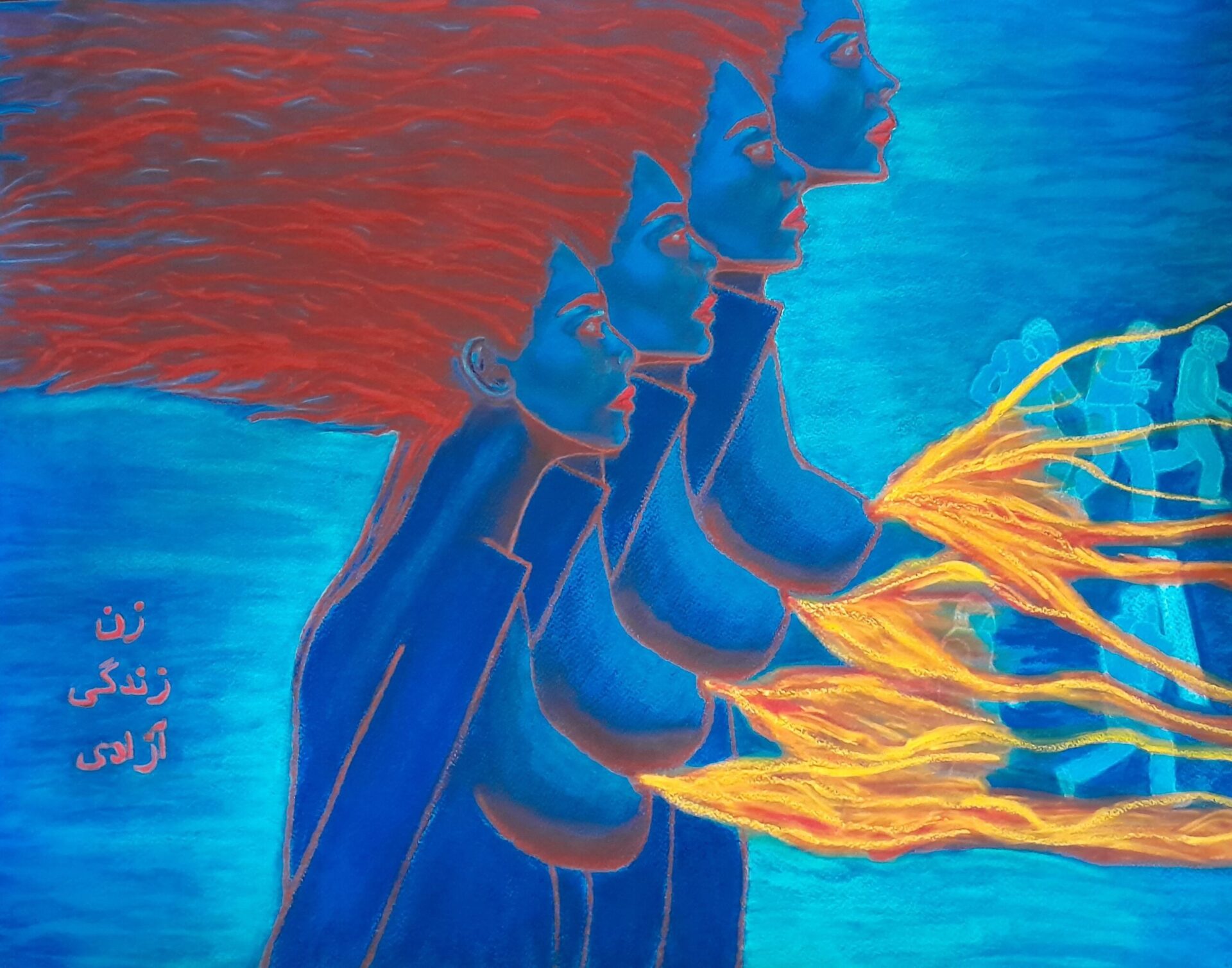
Iranian doctors, psychotherapists, and exiled human rights advocates are exploring new talk therapy methods to combat despair amid...
5 SEPTEMBER 2025 • By Malu Halasa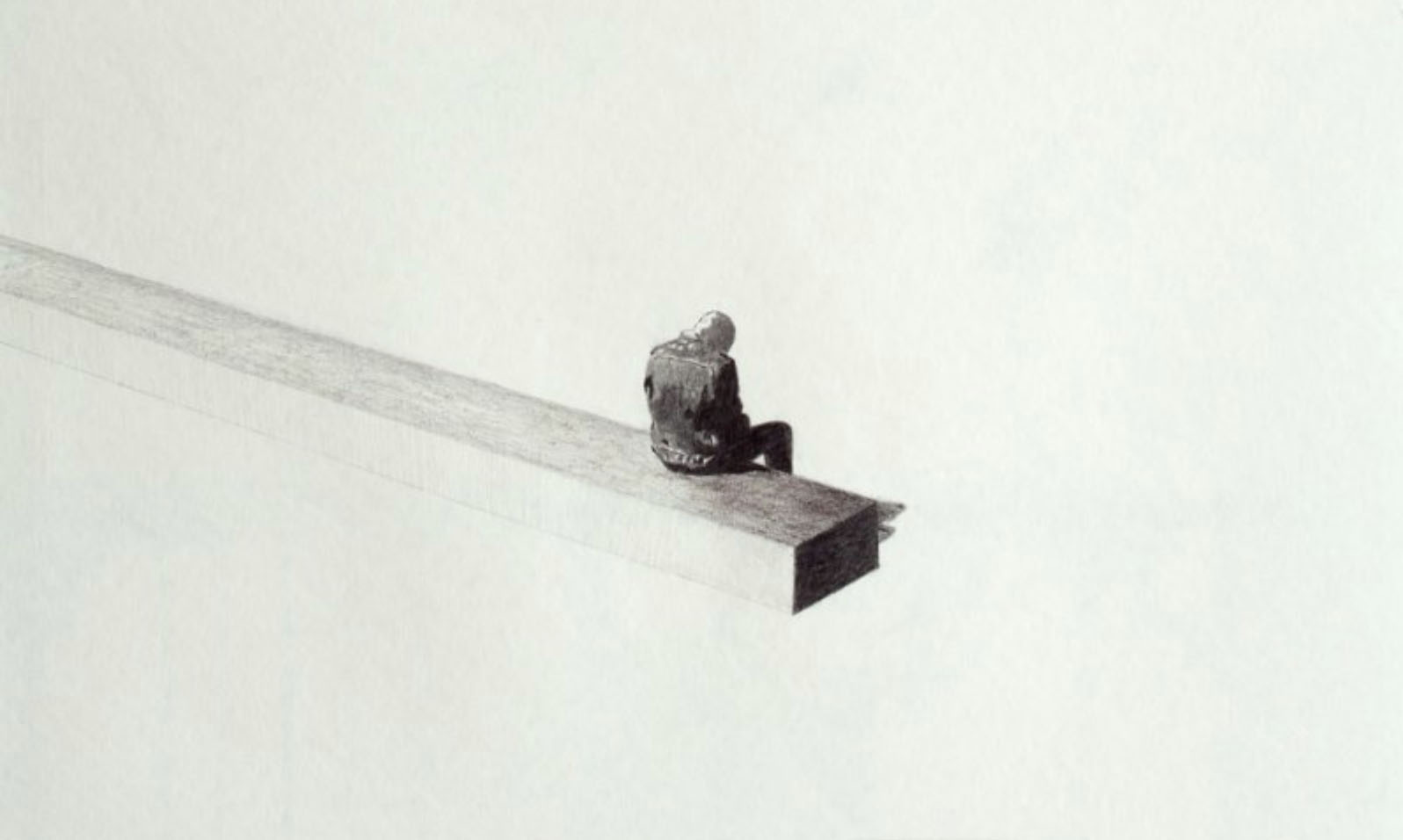
Mohammad Rabie conducts a poignant self-examination, reflecting on a lifetime of fear.
5 SEPTEMBER 2025 • By Mohammad Rabie
Joelle M. Abi-Rached reflects on the failures of psychiatry and psychiatric language in addressing the trauma arising from...
5 SEPTEMBER 2025 • By Joelle Abi-Rached
Palestinian embroidery is dynamic, and artists, designers, and makers are constantly finding new ways to innovate and reinterpret...
22 AUGUST 2025 • By Joanna Barakat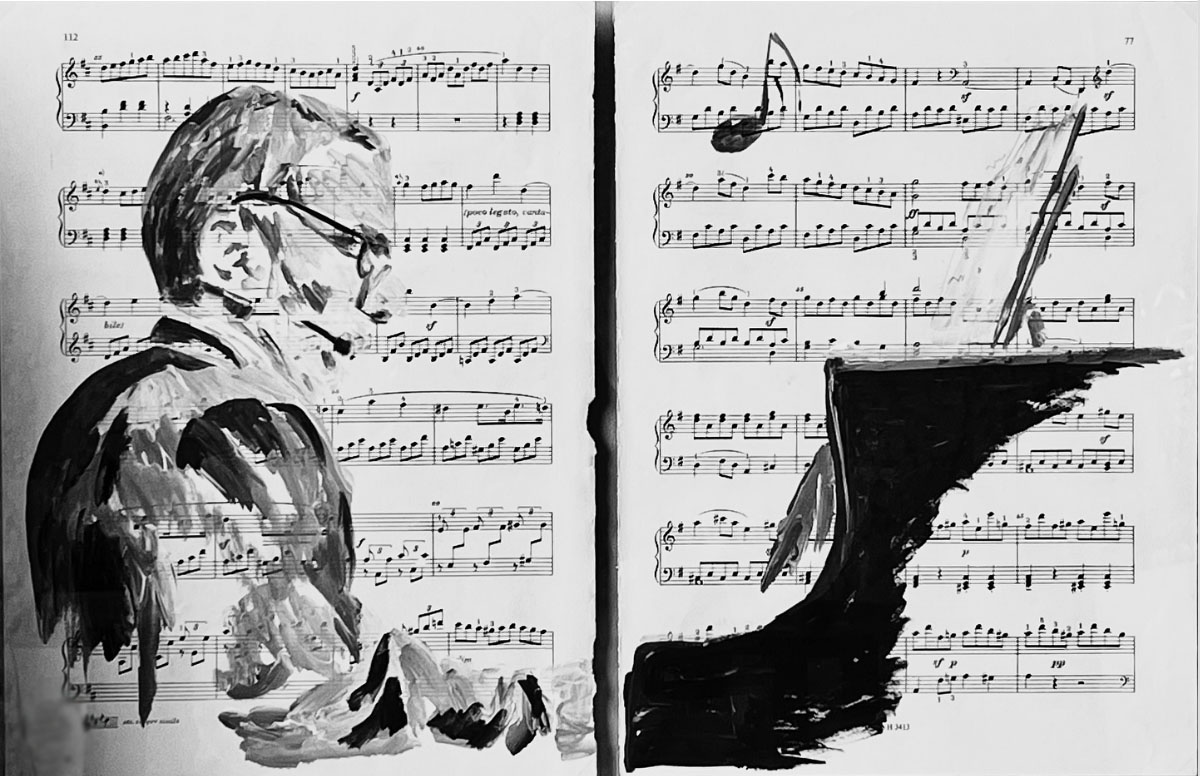
A look at Ziad Rahbani's life and legacy, and the man who first introduced him to the jazz...
8 AUGUST 2025 • By Diran Mardirian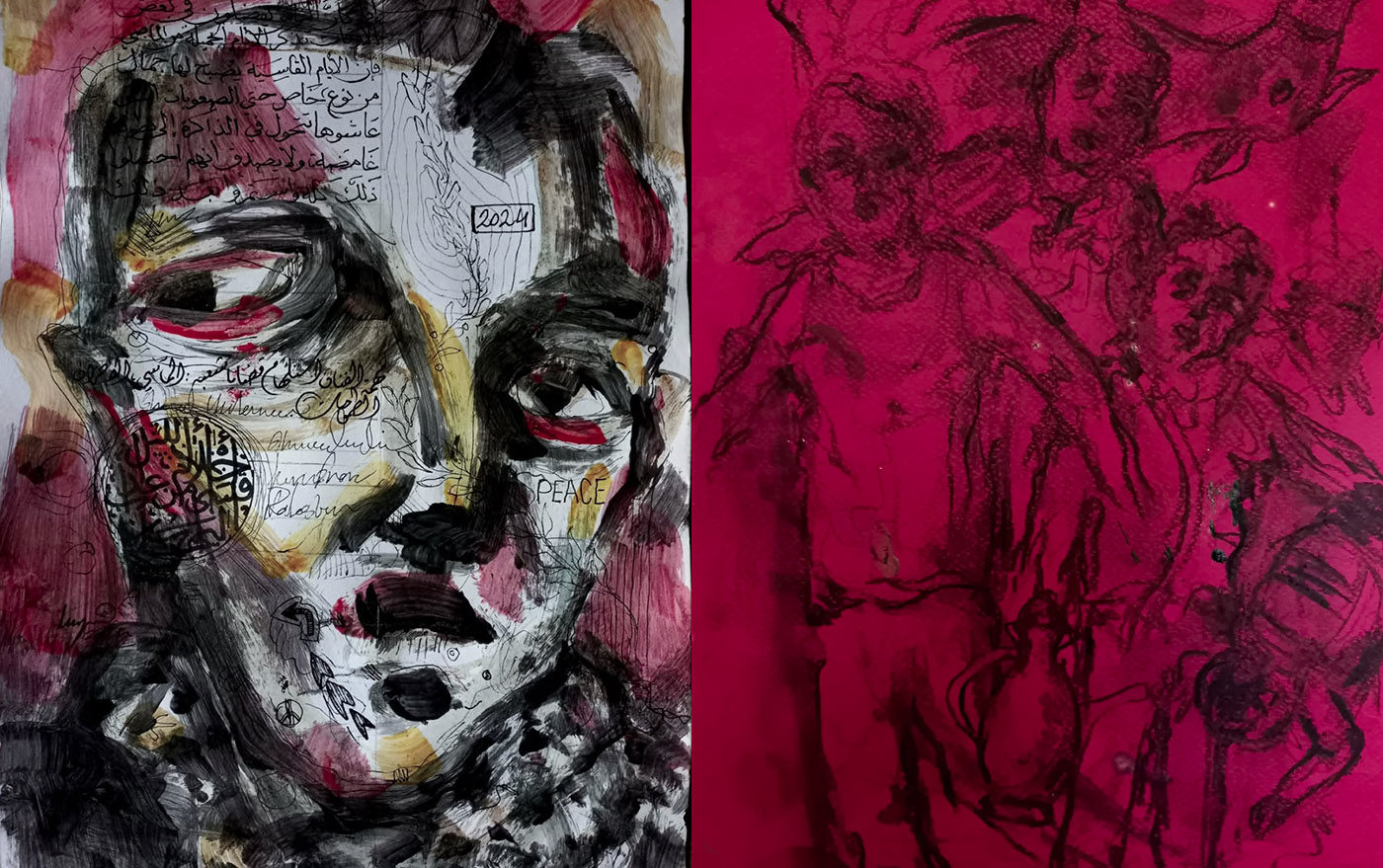
A writer in Gaza reports on the consequences of Israel's blocking humanitarian aid and medicines from entering the...
1 AUGUST 2025 • By Asem Al Jerjawi
As planet temperatures rise, architects in the Middle East eschew Western fixes and revitalize local solutions.
1 AUGUST 2025 • By Iason Athanasiadis
In Gaza, where airstrikes define life, two lovers still find a way to connect in a landscape scarred...
25 JULY 2025 • By Husam Maarouf
A reflection on the moral complexity of art during genocide and grief, highlighting the healing power of poetry,...
18 JULY 2025 • By Yahia Lababidi
The “francophone” term limits books to the “Francophonie” section in French bookstores, and forces authors to focus on...
4 JULY 2025 • By Lara Vergnaud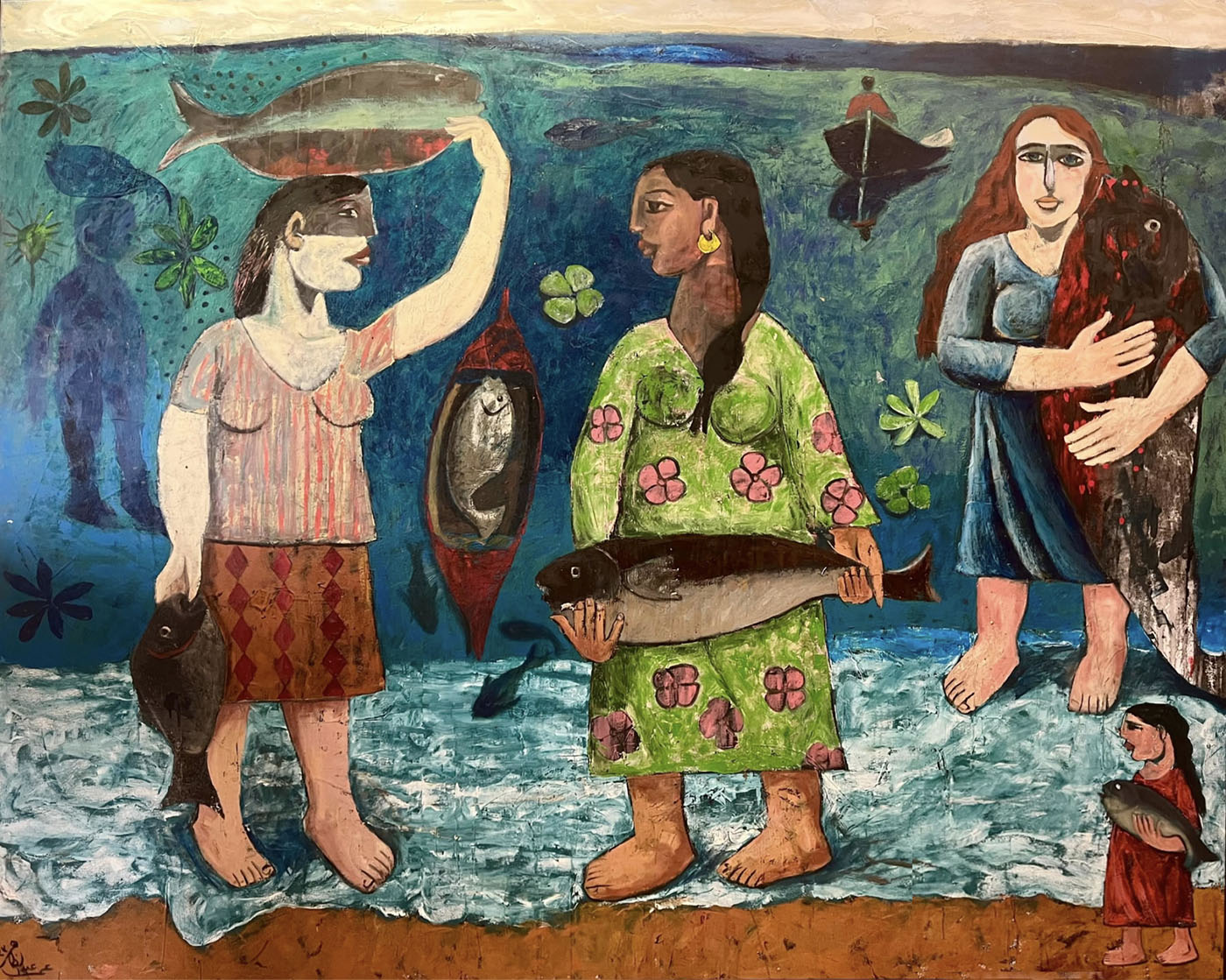
A doctor writes on the grand multiparas — women who have given birth five or more times.
4 JULY 2025 • By Sarah Shaheen